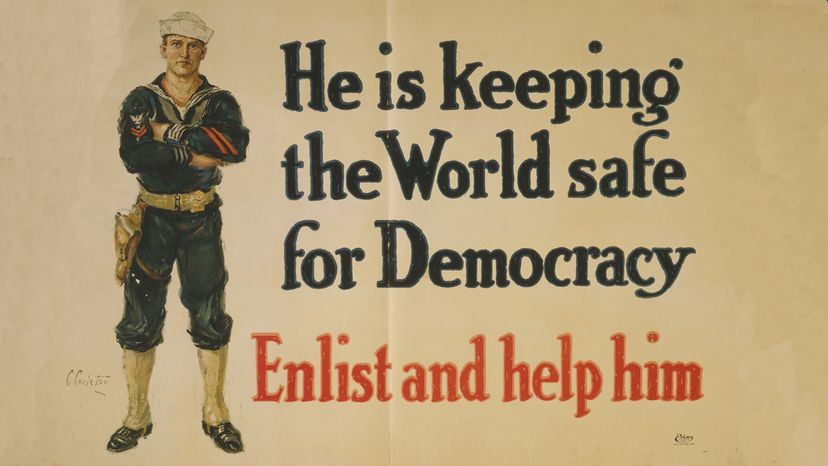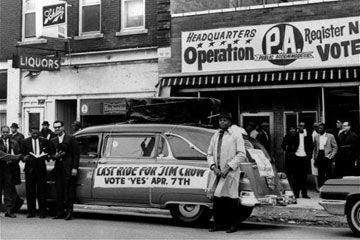
Walter Lippmann was one of the most influential American journalists in history. His ideas about politics and society shaped the world we live in today. In this episode of Stuff They Don't Want You To Know, hosts Ben Bowlin and Matt Frederick ponder their very first podcast about Edward Bernays, the father of propaganda. Bernays was not only Lippmann's contemporary, but he was also responsible for selling the public on everything from bacon for breakfast to corporate-driven wars in South and Central America, all for "democracy."
While Bernays' PR stunts to sell the U.S. people's mindset on democracy would put Don Draper to shame, Lippmann worried that the misinformation and "manufactured consent" would lead to an uninformed electorate. And that's what the guys explore in this episode: Walter Lippmann, the Bernays-esque figure who argued against democracy and for governing the elite in: Is Democracy Impossible?
Advertisement
Lippmann graduated from Harvard in 1910, co-founded The New Republic magazine in 1913, wrote for The New York Times, helped draft President Woodrow Wilson's famed Fourteen Points speech, and was generally revered as a brilliant thinker in political, journalistic and philosophical circles. He wrote several books about public opinion and the way people think, coining terms like "stereotypes."
And even though the majority of Americans at the time were isolationists, Lippmann was an interventionist, arguing that it was rational and advantageous for the U.S. to enter World War I. Along with Bernays, he agreed to serve on Wilson's Committee on Public Information, which was the first American wartime propaganda machine. Members worked to help sway public opinion toward intervening in World War I, as well as suppress and discredit anti-war information. Lippmann helped sway President Wilson's thinking, which eventually led to Wilson writing the Fourteen Points speech in 1914.
Once a staunch advocate of democracy, Lippmann came to believe that it no longer worked the way Americans came to understand it. Further, he felt that in an increasingly complicated world, there was no guarantee that the average citizen could even begin to grasp what kind of problems the country faced, even calling voters myopic and ill-informed.
While Lippmann did serve on the Committee on Public Information, it's clear that he came to later disapprove of it in his writings. He asserted that journalists replaced the truth with propaganda to impose conformity, further muddling the true meaning of democracy.
For a time, Lippman argued America should be run by an elite cabal of intellectuals, people with the knowledge and objective facts to make the best decisions for everyone else, taking any say away from voters. He veered away from this idea, though, realizing that an elite class would be no better at making decisions for regular people.
What's scary is, not only did Lippmann think democracy was impossible in its current form, but many people today also agree with him. Can true democracy exist with these obstacles? And what role do special interests, the Dunbar number, online news and social media play today? It's a lot to consider. You'll have to listen to the entire podcast to hear Ben and Matt contemplate all the hard questions.
Advertisement

